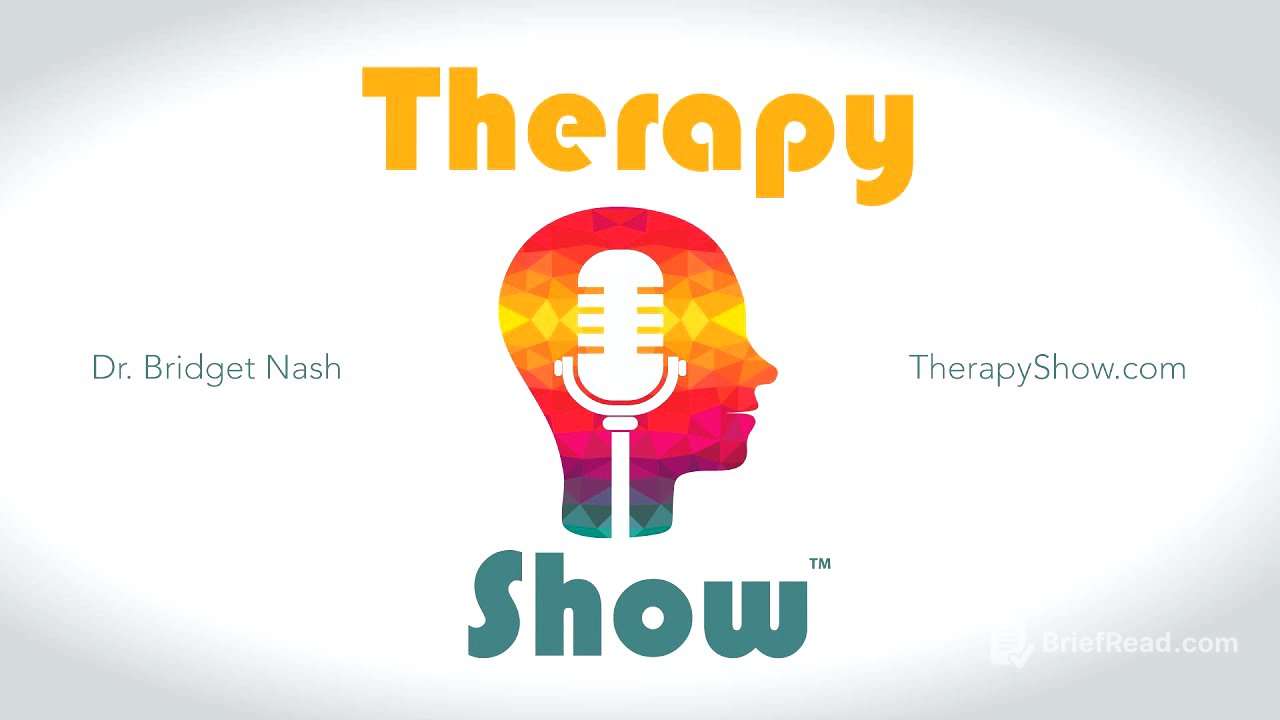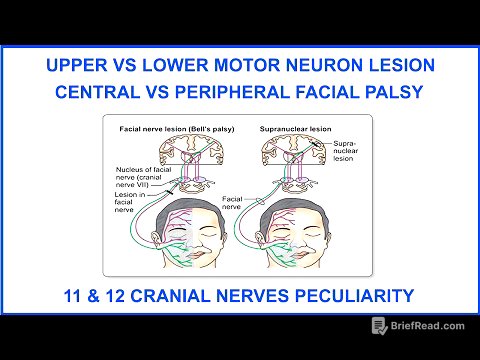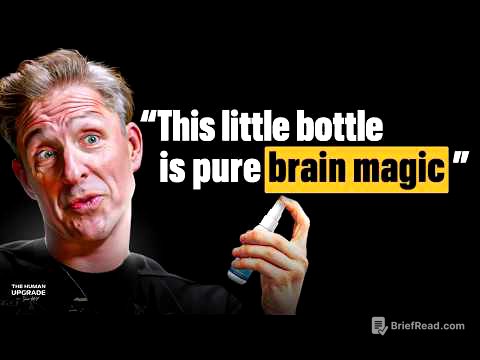TLDR;
Dr. William Miller discusses the development, effectiveness, and application of motivational interviewing (MI). MI is presented as a method to help individuals discover their motivation for change, particularly useful for those ambivalent about altering their behaviors. The conversation covers the origins of MI, its core principles, its effectiveness compared to other therapeutic approaches, and the importance of the therapeutic relationship.
- MI helps people discover their own motivation for change.
- It is effective for individuals who are ambivalent about change.
- The therapeutic relationship is crucial for successful outcomes.
Introduction to Dr. William Miller and Motivational Interviewing [0:00]
Dr. Bridget Nash introduces Dr. William Miller, a distinguished professor and the founder of motivational interviewing (MI). Dr. Miller shares his background, initially aiming for pastoral ministry before transitioning to psychology. His exposure to a person-centered approach early in his training significantly shaped his practice, blending cognitive and behavioral therapy with empathy.
Defining Motivational Interviewing [1:48]
Motivational interviewing is defined as a method to help people find and voice their own motivation for change, contrasting with persuasive approaches. It addresses ambivalence, where individuals see reasons for and against change. Arguing for change can backfire, causing individuals to defend their current behavior. MI aims to help people discover their own arguments for change.
The Emergence of Motivational Interviewing [3:26]
Dr. Miller recounts his time in Norway, where he was asked to demonstrate his approach to treating alcohol problems. Through interactions with Norwegian psychologists, he articulated the principles of MI, which he had been using unconsciously. The name "motivational interviewing" was chosen to reflect its focus on the person's motivation and the power-neutral nature of interviewing.
Effectiveness and Applicability of MI [6:38]
MI is most effective for individuals ambivalent about change. While it works as well as cognitive behavior therapy and 12-step programs on average, it is particularly beneficial for those who are unsure, resistant, defensive, or angry. A typical MI intervention lasts one or two sessions, often serving as preparation for further treatment, though many people make changes without additional help.
Skills and Tactics to Improve MI Effectiveness [9:19]
MI is described as a way of being with people, characterized by empathy, acceptance, respect, and a focus on strengths. It requires learning and practicing specific skills, similar to learning a musical instrument or sport. Feedback and coaching are essential for improving proficiency. Workshops alone are insufficient; practical application and guidance are necessary.
Common Obstacles and Missteps in MI [12:18]
A significant obstacle is the "expert role," where therapists believe they have all the answers. Effective MI requires recognizing that the client is the expert in their own life. Letting go of the idea of dispensing knowledge and instead sharing expertise is crucial. Skillful reflective listening is also fundamental but often challenging to master.
Impactful Examples of MI [14:41]
Dr. Miller shares an example of a man whose wife urged him to address his drinking. Through a few MI sessions, the man realized the extent of his problem and decided to quit drinking. This case illustrates how MI honors the person's autonomy and helps them think through their ambivalence, facilitating change without direct instruction.
When MI is Not Appropriate [17:08]
MI is not necessary for individuals already ready for change. In such cases, it is best to proceed directly with action-oriented strategies. MI has shown promise across various diagnoses, including unexpected areas like sociopathy and psychosis, where it can improve medication adherence and reduce rehospitalization.
Exciting Developments in Mental Health Treatment [19:37]
Dr. Miller expresses excitement about the increasing awareness of the therapeutic relationship's impact. While evidence-based techniques are important, the counselor's personal qualities and approach significantly influence client outcomes. Humanizing mental health treatment, emphasizing empathy, respect, and strengths, is a crucial direction.
Improving Mental Health Treatment [22:34]
If he could improve one thing, it would be to humanize mental health treatment by making practice more empathic and respectful of clients' autonomy, focusing on their strengths rather than pathology. The positive psychology movement, which explores happiness and virtues, aligns with this approach.
Resources for Learning More About MI [23:40]
The Motivational Interviewing Network of Trainers (MINT) website offers extensive resources. Numerous books and clinical trials are available, with meta-analyses and summary reviews providing distillations of the research. Dr. Miller notes that MI's growth is likely due to its resonance with providers' existing understanding of human nature.









